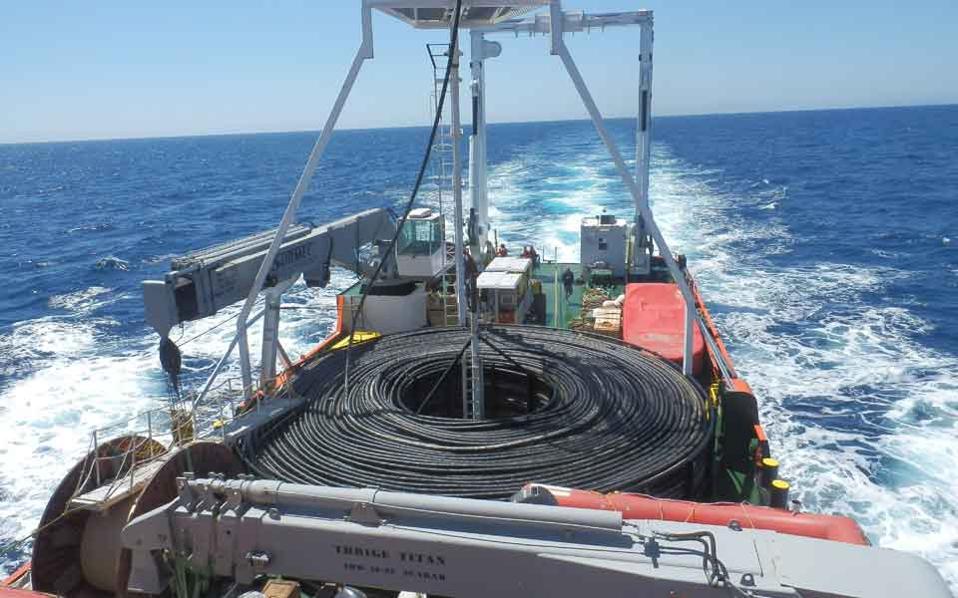Greek-owned shipping cut adrift from local economy

Just 9 percent of international Greek-owned shipping activity takes place at local ports, highlighting – yet again – the minimal dependence of what is often confusingly described as the country’s shipping sector on the domestic economy, a new industry study has highlighted.
At present, Greek shipping companies control the world’s biggest fleet of tankers and cargo ships, totaling 171.3 million tons of the sector’s overall 210 million ton capacity.
These two sub-sectors represent 81.5 percent of the Greek-owned fleet and perform 91 percent of their activities beyond Greece. China is the biggest market for Greek shipping interests concerning these sub-sectors, with a share of 14 percent, followed by the USA, with a 12 percent share.
The conclusions and data were produced by an industry analysis conducted by Clarksons Platou, the world’s biggest provider of integrated shipping services, which recorded the movements of tankers and cargo ships for its results.
In its report, Clarksons Platou noted that ships sail to wherever the need for their services arises, pointing out that Greece is not such a location.
Like Greek-owned ships, the fleets of other major European shipowning countries, such as Denmark, Norway and Italy, mainly provide services for key Asian markets, including China, South Korea and Japan.
China’s strong presence in the sector should come as no surprise. The world’s second-largest economy is the global leader as an importer in terms of bulk transportation with a market share of 25 percent.
Seventy-four percent of Chinese shipping activity takes place at Chinese ports. In contrast, Greek-owned ships have to cover great distances to provide their shipping services, a trademark feature of the domestic sector.
The Clarksons Platou report notes that European shipowners have done remarkably well to maintain their share of the global fleet at 45 percent, and 42 percent for bulk carriers, despite the fact that trade in the Atlantic, their main business region, has remained stagnant at about 3 billion tons annually over the past 15 years.
During the same period, trade in the Pacific area has more than doubled to approximately 8 billion tons, forcing European vessels to head to that part of the world for shipping service contracts.





